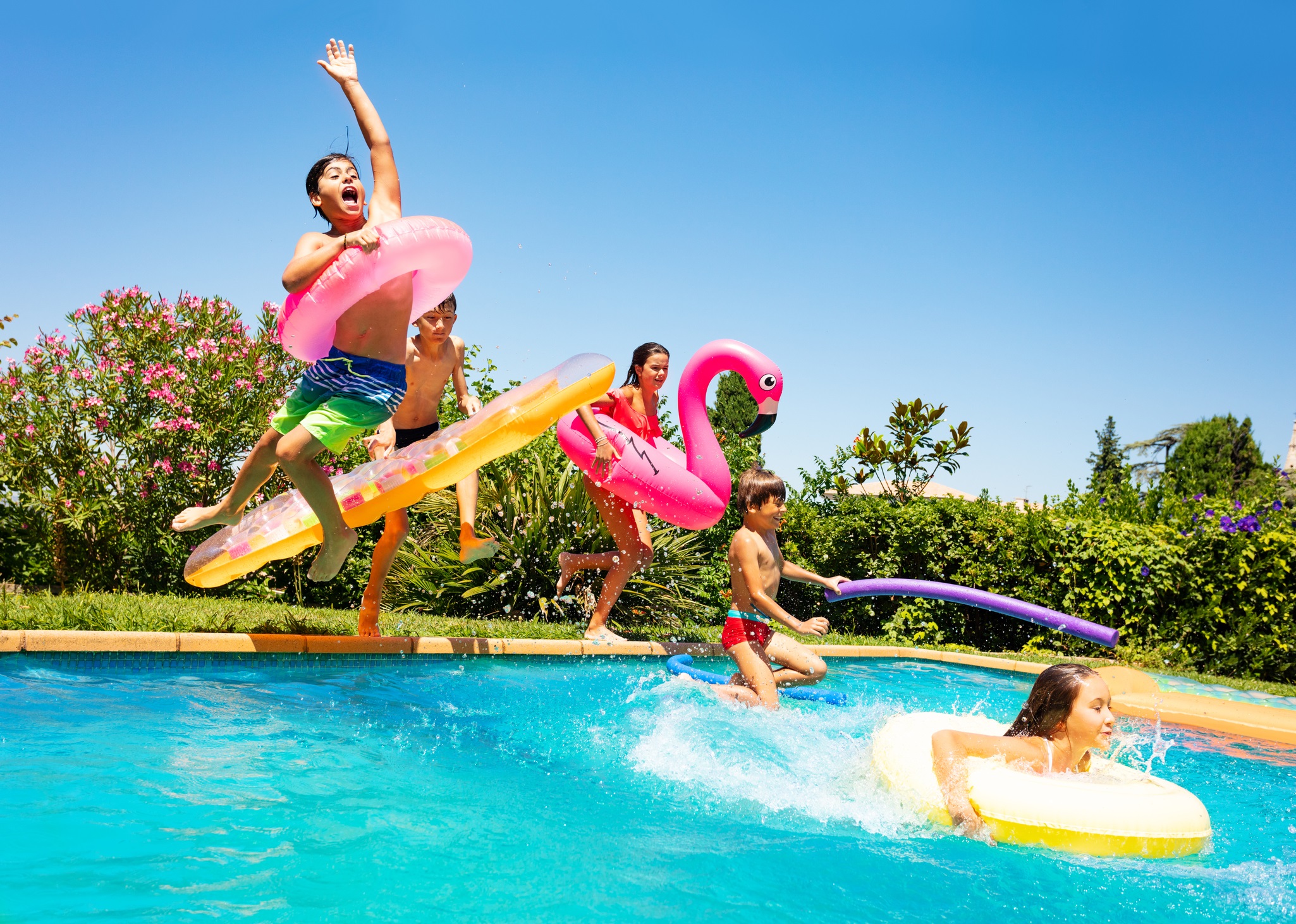As the weather gets warmer, pools open, children get out of school for the summer and people spend more time outdoors and engaging in recreational activities. Associations want to make sure that everyone is safe and has access to common area amenities, but too often we see rules adopted by boards that violate fair housing laws by discriminating against one or more of the protected classes.
The most common error we see is with rules aimed at children. Well-meaning boards are usually trying to protect children from potential dangers and/or keep them from engaging in behavior that may interfere with other residents’ enjoyment of the property without realizing that, by targeting children in their rules, they might actually be unlawfully discriminating against these residents on the basis of their familial status. Unless the property meets the requirements under the Housing for Older Persons Act (“HOPA”) for persons over 55 or 62 years of age, the association cannot discriminate against children or families with children it its rules and regulations. It is important that rules be neutral and aimed at behaviors rather than specific persons or classes of persons. Rather than having a rule that states that “children must not ride bikes on the sidewalks”, which presumably would allow adults to engage in this behavior while prohibiting children from doing so, the rule can simply state “riding bicycles or other similar equipment on the sidewalks is prohibited.” Similarly, rather than addressing toys, playgrounds or other items traditionally associated with children, the rules should instead refer to recreational equipment, personal property, or other similarly neutral terms.
Associations often have portions of their property, such as a fitness center, workshop or other areas containing equipment that could be considered dangerous to persons who do not know how to properly use such equipment. It is typical to see associations attempt to restrict access to these areas to children or persons under a certain age and/or to require that children be accompanied by an adult in order to access such areas. These types of rules are also discriminatory because they focus on the fact that someone is a minor rather than their individual ability to safely use the equipment. A 12-year-old training to be an Olympian is likely better able to manage the equipment in a fitness center than an adult who has never used such equipment before. Certain equipment may be safer for persons of a certain size, so it may be appropriate to place restrictions based on the manufacturer’s recommendations for size, but as someone who is vertically challenged myself, I can attest that age and size do not necessarily go hand-in-hand.
We also see a lot of fair housing violations when it comes to pools and pool rules. For example, it is discriminatory against families with children to establish any type of “adults only” swim time. Instead, an association could establish certain times of the day that are for lap swim only. Anyone who is able to swim laps could use the pool during those times regardless of age. We also see associations adopting rules requiring children of a certain age to be accompanied by an adult while at the pool. Again, these are discriminatory because they focus on a child’s age rather than swim ability. There are many children who are great swimmers and plenty of adults who cannot swim, so a rule that focuses on a child’s age has no direct bearing on any legitimate goal of protecting non-swimmers. Similarly, it is problematic to have rules requiring young children to wear swim diapers in the pool. Instead, associations should ensure that their rules apply equally to all persons who are incontinent or not toilet trained and not just on children. Rules must have a compelling business necessity and must be the least restrictive means of obtaining that business necessity.
In addition to being mindful of rules that discriminate against children, there are other rules that, while seemingly neutral on their face, have the effect of discriminating against other protected classes. For example, rules requiring everyone to wear certain types of swimming attire may discriminate against persons of various religions and/or ethnicity/national origin. If the Association’s intent is to prevent people from wearing street clothes in the pool, then the rule should state just that rather than proscribing specific type of attire that must be worn.
Associations also need to be careful not to discriminate against disabled individuals when it comes to pools or other rules. If the pool is open to the general public, it must be accessible to persons with disabilities. If it is not accessible, the association may receive a request for a reasonable accommodation or modification to allow persons with a disability an equal opportunity to use and enjoy the property, including the pool and other common areas. Service and support animals can be prohibited from being in the pool itself for legitimate health and safety reasons, but an accommodation may have to be made to allow an animal in the pool enclosure if that is not allowed under the rules for other animals or pets.
It is important to review your rules periodically, preferably with an attorney knowledgeable about fair housing matters, to ensure that they are not discriminatory against children or other protected classes. Having good, effective, non-discriminatory rules in place will help ensure that all residents are able to enjoy the property and the common areas and keep the association out of hot water.


